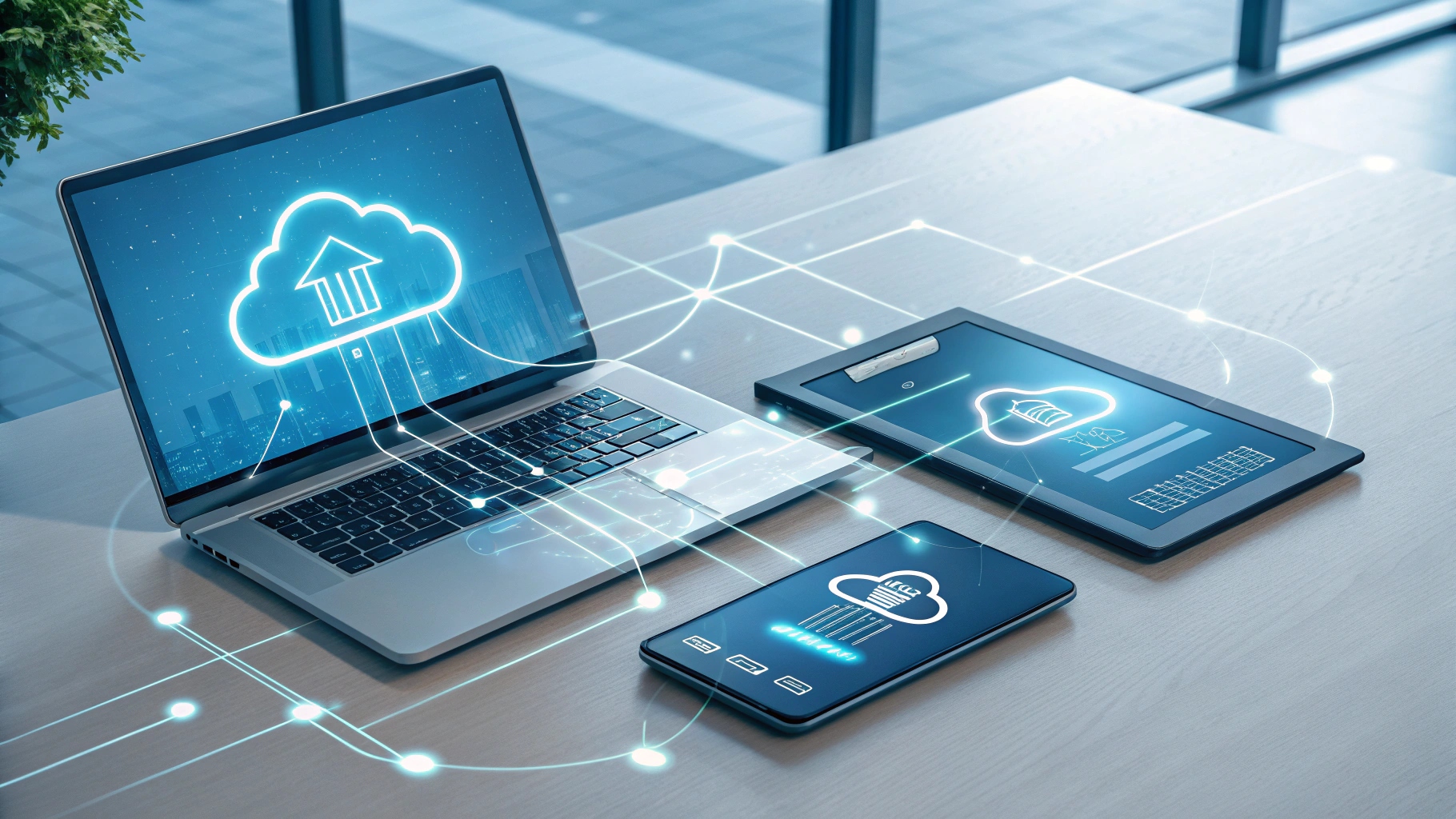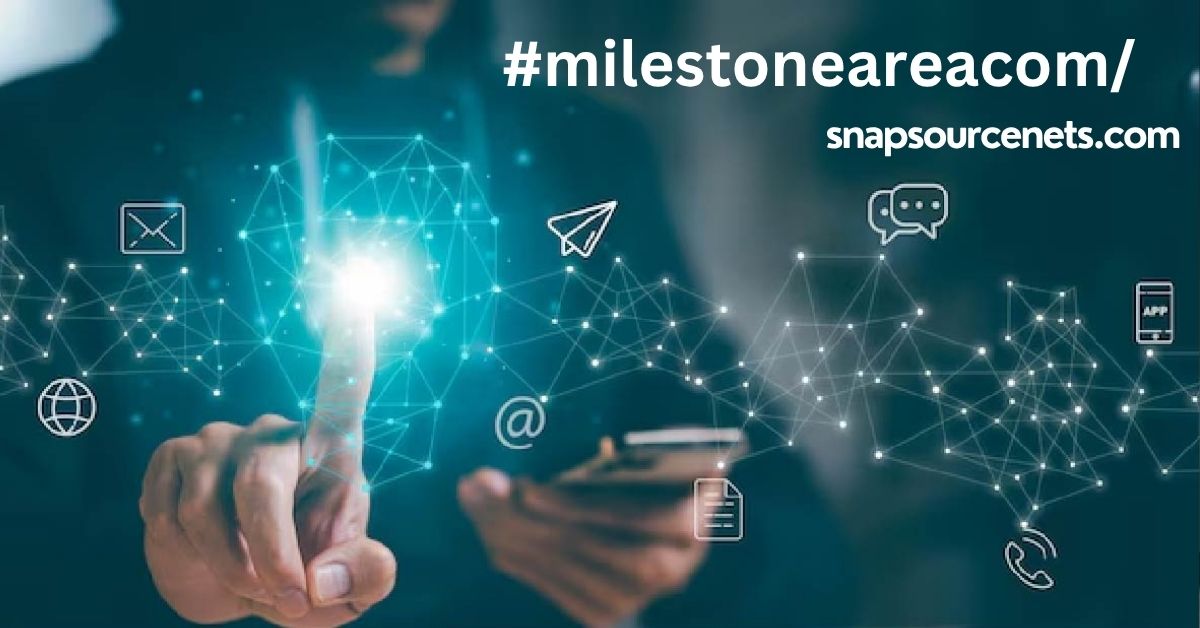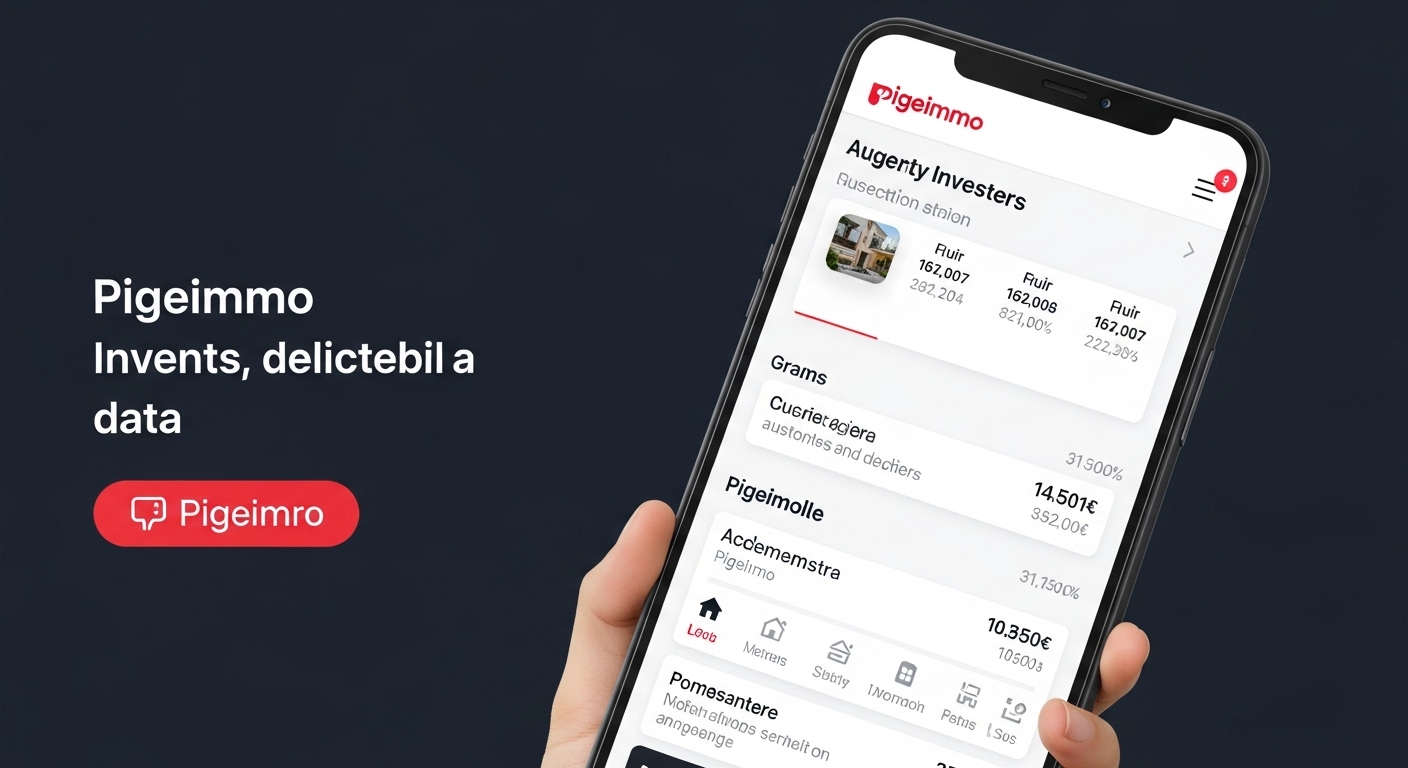Each Computer Has Tablet/Phone and They Emphiziz Guide
Each Computer Has Tablet/Phone and They Emphiziz Guide
The phrase “each computer has their own tablet/phone and they emphiziz” may sound unusual at first, but it reflects the reality of today’s digital world. Every computer user also relies on a tablet or phone, and the emphasis is on how these devices work together. Computers, tablets, and phones are no longer separate tools. They are connected, synchronized, and often designed to support one another.
Computers, Tablets, and Phones – The Connection
In modern life, computers are the main hub of work, but tablets and phones act as companions. For example, you may start a project on your computer and continue it on your tablet while traveling. Phones can quickly access the same files through apps or cloud storage. This connection makes it easier to stay productive, manage tasks, and stay in touch from anywhere.
Why “Each Computer Has Their Own Tablet/Phone”
The idea behind “each computer has their own tablet/phone” is about personalization. Every user creates a small ecosystem of devices that works together. A Windows computer may connect with an Android phone, while a Mac computer connects easily with an iPhone or iPad. The purpose is simple: each computer does not work alone anymore, it has its own linked device that extends its power.
What Does “They Emphiziz” Mean?
The word “emphiziz” can be understood as “emphasize.” It means that people are highlighting or focusing on the importance of device connection. Today, users emphasize how tablets and phones complete the role of a computer. They are not just extras, they are part of the main experience. This emphasis is seen in how companies like Apple, Microsoft, and Google create features to sync across all devices.
Role of Tablets and Phones in the Computer World
Tablets and phones act as second screens and companion tools for computers. Students use tablets for digital notes while working on assignments on a laptop. Professionals use phones for quick communication while editing documents on a PC. Gamers use tablets as controllers or second displays. These devices are no longer separate—they extend the role of the main computer.
Benefits of Device Independence
When each computer has its own tablet/phone, users gain several benefits. First, they have more control over how they work and play. Second, they can multitask better. For example, watching a lecture on a computer while using a phone to ask questions in a chat. Third, mobility increases. You can leave your desk but still carry your work through your tablet or phone. This independence improves both productivity and learning.
Challenges of Multiple Devices
However, having a computer, tablet, and phone also brings challenges. One challenge is data security. More devices mean more chances for hackers or data leaks. Another issue is syncing errors. Sometimes files do not update properly across devices, causing confusion. Also, managing too many gadgets can overwhelm users who are not very tech-savvy. Balancing security, compatibility, and ease of use is important.
Future of Computers, Tablets, and Phones
Looking ahead, the future of “each computer has their own tablet/phone and they emphiziz” lies in integration. Devices will connect even more smoothly through cloud technology. Instead of worrying about transfers, users will have one ecosystem where everything updates instantly. AI will also help by automating device management, syncing files, and protecting data. In the future, the line between computers, tablets, and phones may almost disappear.
Conclusion
The idea of “each computer has their own tablet/phone and they emphiziz” shows us how technology is moving forward. Computers are no longer isolated machines. They are supported by tablets and phones that act as partners. This connection gives users flexibility, mobility, and new ways to work and play. While challenges like data security exist, the future promises even better integration and smarter device use.
FAQs
Why do computers need companion devices?
Because tablets and phones add mobility and allow users to continue work away from the main computer.
How do tablets/phones improve computer use?
They act as second screens, storage access points, and communication tools, making the computer more flexible.
What does “emphiziz” mean in this context?
It means to emphasize the importance of device connection between computers, tablets, and phones.
Will computers replace tablets and phones in the future?
No, instead they will work more closely together, forming a single connected ecosystem.
editor's pick
latest video
news via inbox
Nulla turp dis cursus. Integer liberos euismod pretium faucibua





